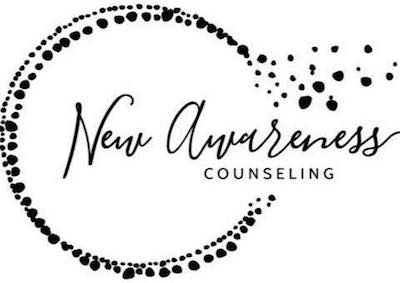Maybe you’ve been to counseling before but haven’t been in while. Or maybe you are considering setting up your first appointment ever. Before you make your appointment official, here are five things you need to know.
1. Relationship is the biggest indicator in therapeutic success. This sounds really obvious but it is such a key part of what you will get out of counseling. You need to feel comfortable and confident with your therapist if you are really going to be able to open up and do the work. If you are already seeing a therapist and don’t feel like you gel well with them consider changing things up. Many therapists offer a free consultation so you can get a feel for this before committing to anything.
2. Get clear on your finances. Know how much your therapist charges and if they are “in-network” if you are wanting to use your insurance. Insurance with therapists is much different than using a doctor and many providers don’t accept insurance, making them “out-of-network.” Check your coverage before making any calls. If you have a high deductible they may not cover an in-network counselor anyway. Using insurance typically requires you to pick from the insurance company’s list, which limits your options. Ask the therapist you are considering seeing if you are confused. They will likely help you navigate the maze and tell you what questions to ask. One last note; many therapists can provide sliding scale fees, meaning a reduced rate if you really can’t afford counseling. Don’t hesitate to ask.
3. Make sure you know what kind of therapist you are working with. There are so many letters behind clinician’s names it can be hard to know what they mean. Here are a few to help you out:
LPC: Licensed Professional Counselor
LMFT: Licensed Marriage and Family Therapist
LCSW: Licensed Clinical Social Worker
CAC: Certified Addictions Counselor
EMDR: Trained in Eye-movement Desensitization and Reprocessing
MA: Master’s degree
NCC: Nationally Certified Counselor
There are many more, but do a little research to see what they mean. In the state of Colorado you do NOT have to be licensed to practice. Although I’m sure there are some good clinicians who never went through the licensure process, I would be leery of anyone who doesn’t have an L (for Licensed) after their name.
4. There are a lot of different types of therapy. It may feel overwhelming to have to look into all of them on your own, but it may be helpful. For example, EMDR therapy works well to rewire the brain – especially with trauma- and involves a little less talking than traditional therapy. CBT therapy focuses on identifying negative thoughts and making a conscious effort to stop and replace them with positive ones. There are art therapies, equine assisted therapies, Rapid Resolution, etc. See which one seems to fit your style and personality most. This will help you narrow down your search for a counselor.
5. Know that counseling is a process and you will likely need more than 1-2 sessions, especially if an issue has been going on for a long time. Be patient with yourself and remind yourself that you amazing for investing in change.
Best,
Ashley Mauldin

